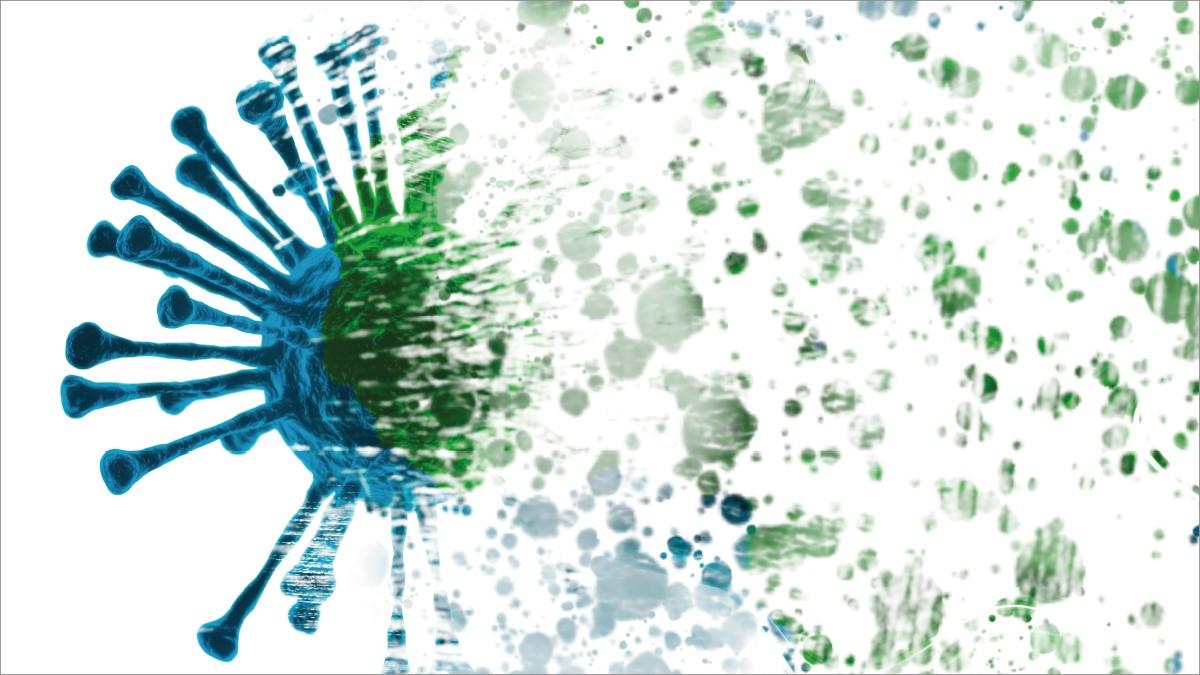Victor Tseng is a doctor in pulmonary and critical care in the United States. His tweet about the waves of Covid-19 recovery has been widely used and credited in understanding the lasting direct and indirect impacts of the virus. We can also learn from other crises around the world.

In March 2020, Victor Tseng said ‘as our friends and colleagues brave the front lines, we must also get ready for a series of aftershocks’.
We have all now lived through several of these aftershocks and many of us have braved the frontline. This article considers those that have not been on the frontline but have certainly been knocked sideways by the aftershocks. Tseng advised us to ‘prepare early and strategize against the collateral damage of Covid-19’. That collateral damage has come in the form of mental health difficulties, financial burden, job losses and social disruption.
This collateral damage is depicted as the 4th wave in Tseng’s work and inspired the image to the right.
As we move into a phase of reopening and reimagining of our services we should also consider those individuals and future patients who have been impacted by the collateral damage of Covid-19.
Although we may not have experienced a pandemic akin to Covid-19 in our lifetime we may be able to draw on the experiences of colleagues across the world who have suffered traumatic crises and disasters impacting on their work and healthcare systems.
The Christchurch earthquake
Ten years on from the major Christchurch earthquake in New Zealand, the city is still removing and rebuilding buildings and infrastructure. Thousands of people were injured and 185 were killed in the initial 24 hours after the quake and many thousands of people had their lives and livelihoods disrupted. Christchurch’s handling of the post-earthquake healthcare system and its recovery can teach us some valuable lessons about preparing for and managing the collateral damage caused by a major disaster such as an earthquake or pandemic.
In Christchurch the healthcare community and citizens stepped up to provide urgent and emergency support. With the help and support of national and international bodies and organisations, the city regained much of its key infrastructure and urgent healthcare services. However, the long term impacts of the earthquake are still being felt many years later in areas which were unpredictable at the time of the disaster.
Four years after the earthquake there was a 69% increase in mental health referrals for school age children compared to previous referrals. Some of those children affected were not even old enough to remember the earthquake itself. This demonstrates the reality of Victor Tseng’s model showing the collateral damage (depicted as the 4th wave on his image) of the pandemic. As healthcare workers and system leaders these are factors we should consider when engaging with our patients and designing services to meet their needs.
Tseng’s model demonstrates how important it is for physiotherapists to consider the impact of the pandemic on all aspects of our patients’ lives. Just as in the children who were too young to remember the earthquake there may be future patients experiencing long term collateral damage or 4th wave effects post-Covid. As physiotherapists we need to consider the potential impact of these indirect effects such as burn-out, financial loss, housing insecurity and job insecurity when engaging with our patients now and in the future.
The non-health –related impacts of this pandemic may have changed the course of an individual’s life and they may have been knocked sideways by the aftershocks. Priorities in life for many patients may have changed. Their motivation to manage pain, return to work or to return to sport may be different than we expect. This may not be immediately obvious when they present with what appears to be a simple ankle sprain or post-elective surgery years down the line.
Financial and social circumstances may have changed which may impact on patient ability to engage with rehabilitation. As such, holistic and personalised care have never been more important and it is vital that we utilise our alliances with other parts of the health and care system and our collaboration with patients as we reimagine our services post-Covid.
Our energy to deal with the pressure and scale of the challenge may also have changed. Please head to the CSP website for further tips and advice on managing your self-care needs. The CSP will continue to support our members through this next challenging phase and remember that the ERUS and PAS advice lines remain a resource to be used as part of your membership.
The CSP’s Professional Advice Service gives advice and support to members on complex and specialist enquiries about physiotherapy practice, including professional practice issues, standards, values and behaviours, international working, service design and commissioning, and policy in practice.
Number of subscribers: 1
